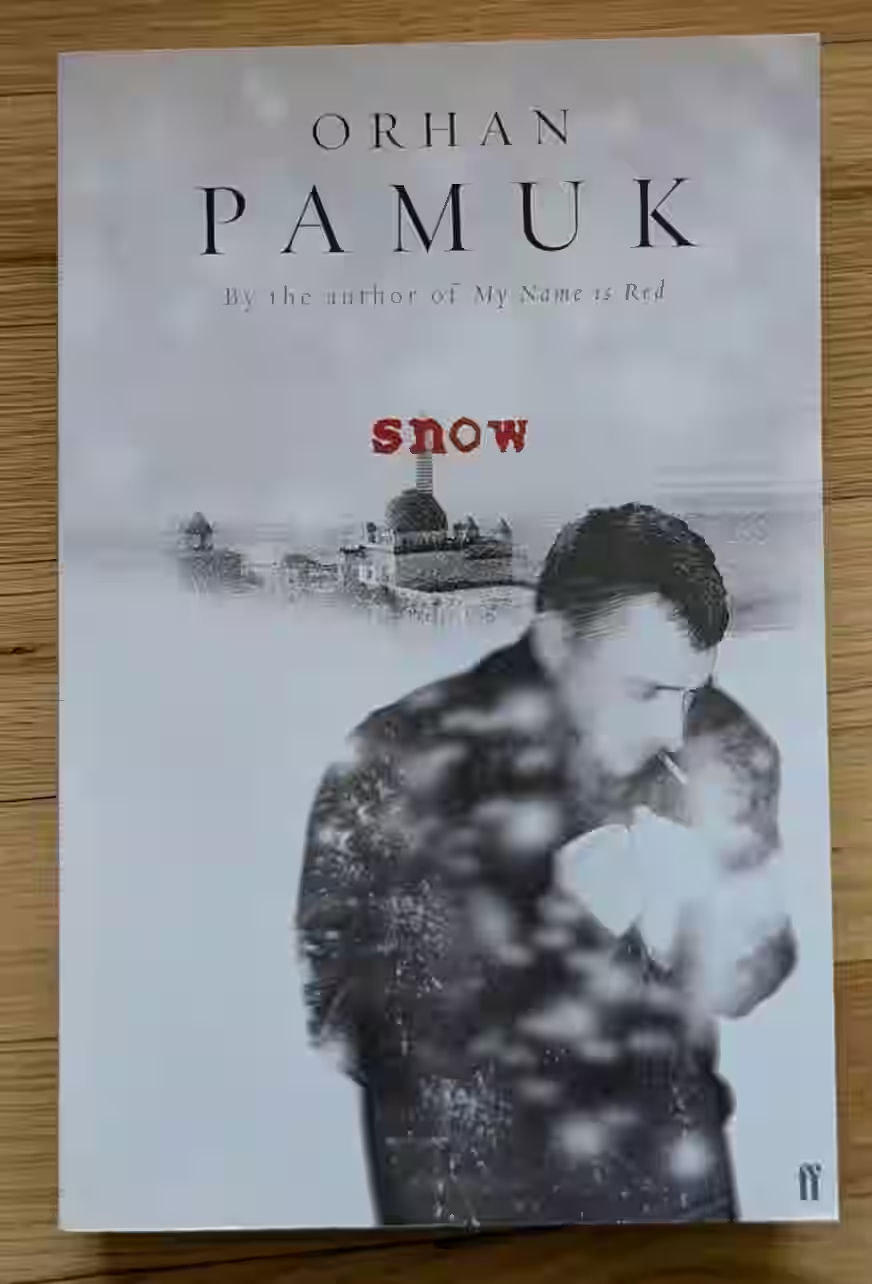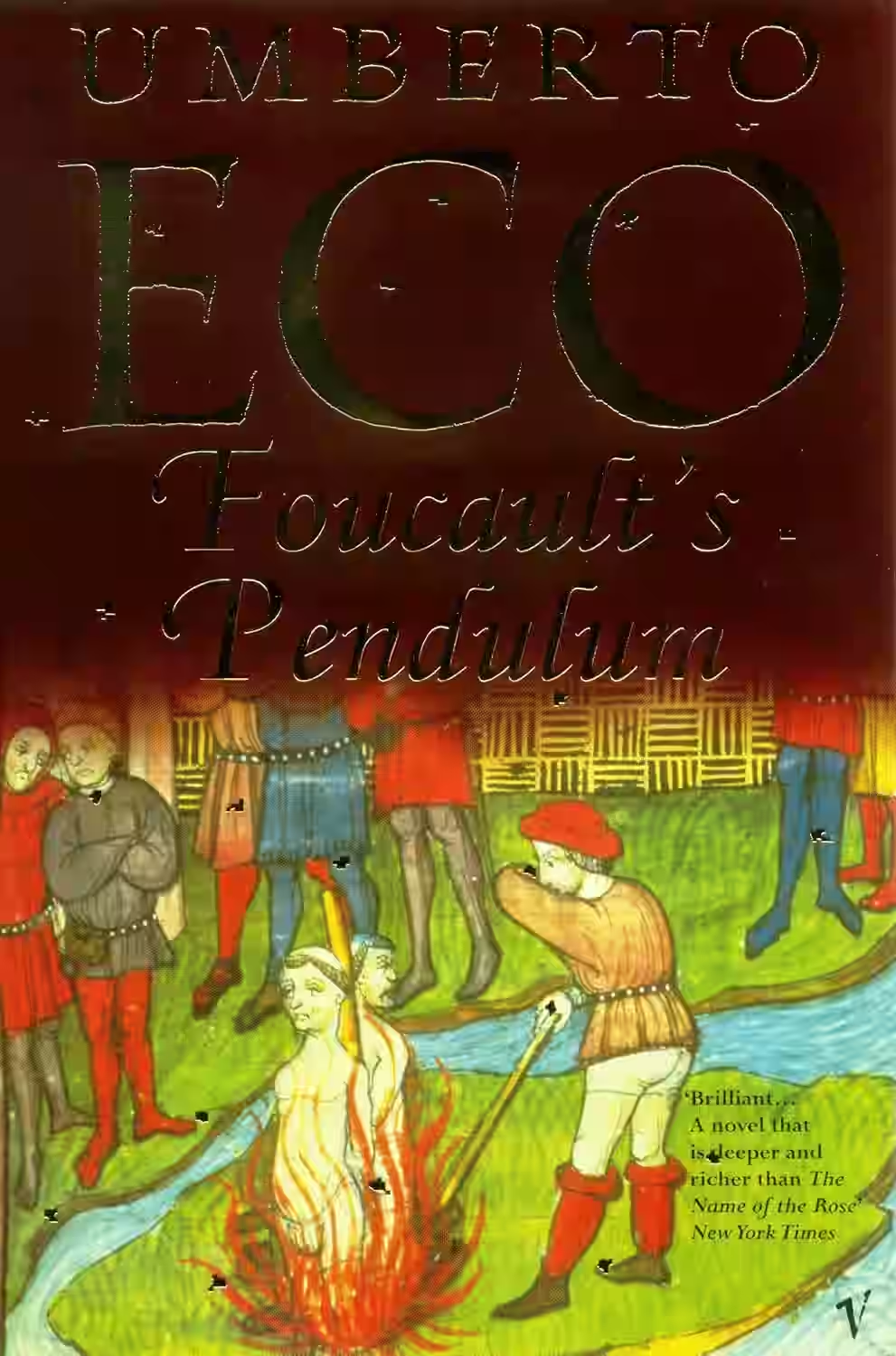
Snow
by Orhan Pamuk
Orhan Pamuk's 'Snow' is a profound exploration of identity, politics, and cultural conflict set in the snowy, remote city of Kars, Turkey. The novel follows Ka, a poet and journalist, who returns from political exile to investigate a series of suicides among young Muslim women. As Ka navigates the city's complex social and political landscape, marked by tension between secularism and Islamism, he becomes embroiled in personal and ideological conflicts. The narrative weaves themes of love, despair, and the search for meaning against a backdrop of political intrigue and existential questions. Pamuk's rich prose and philosophical depth invite readers to reflect on the broader human condition and the delicate interplay of personal and societal turmoil. 'Snow' is both a mystery and a meditation, leaving a lasting impact with its exquisite portrayal of Turkey's contemporary struggles.
About Orhan Pamuk
Orhan Pamuk, born on June 7, 1952, in Istanbul, Turkey, is one of the most acclaimed contemporary authors, renowned for his profound narratives that bridge Eastern and Western cultures. A Nobel Laureate in Literature, Pamuk's poignant exploration of identity, history, and the contours of Turkish society is evident in masterpieces such as 'My Name Is Red', 'Snow', and 'The Museum of Innocence'. His evocative prose and innovative storytelling have earned him a global readership and established him as a pivotal figure in modern world literature. Pamuk's works, often set against the backdrop of Istanbul, reflect his deep ties to the city, weaving its vibrant culture and tumultuous politics into his storytelling. His novels are translated into over 60 languages, cementing his influence and impact on international literature. Pamuk's unique voice and thematic boldness continue to inspire discussions on cultural and philosophical issues worldwide.
Similar Books

Trust
by Hernán Diaz
Can one person change the course of history? A Wall Street tycoon takes a young woman as his wife. Together they rise to the top in an age of excess and speculation. But now a novelist is threatening to reveal the secrets behind their marriage, and this wealthy man’s story - of greed, love and betrayal - is about to slip from his grasp. Composed of four competing versions of this deliciously deceptive tale, Trust by Hernan Diaz brings us on a quest for truth while confronting the lies that often live buried in the human heart.

The Goldfinch
by Donna Tartt
At thirteen, Theo Decker survives a tragic bombing that kills his mother, leaving him adrift in New York. Taken in by a wealthy friend’s family, he clings to a stolen painting—The Goldfinch—a vivid link to his lost mother. As he grows, the painting becomes both a comfort and a curse, drawing him into a shadowy world of art, crime, and deception. Caught between high society and a dusty antiques shop, Theo navigates love, loss, and identity. The Goldfinch is a sweeping, emotionally charged journey through grief, obsession, and self-discovery—an unforgettable exploration of fate, beauty, and the bonds that shape us.

Foucault's Pendulum
by Umberto Eco
Umberto Eco's 'Foucault's Pendulum' is an intellectually stimulating novel that challenges readers with its complex narrative and intricate web of historical references. The story revolves around three Milanese publishers who, disillusioned with conventional conspiracy theories, decide to invent their own grand scheme linking the world's mysteries. Amusing at first, their creation spirals out of control, blending myth and reality in a compelling critique of the human fascination with secret knowledge. Eco's dense yet rewarding prose explores themes like the idea of meaning-making, the intricacies of human belief, and the seductive allure of connections that may not exist. The novel engages readers with its rich detail, humor, and philosophical inquiries, making it a thought-provoking masterpiece for those patient enough to delve into its labyrinthine plot.

The Heaven & Earth Grocery Store
Set in 1970s Pottstown, Pennsylvania, this novel uncovers secrets buried within a tight-knit, racially diverse community. When a skeleton is discovered in a well, the town's residents are forced to confront long-held truths. At the heart of the story is the Heaven & Earth Grocery Store, a beacon of kindness owned by a Jewish woman who shelters a deaf Black boy from institutional cruelty. McBride’s novel is a rich tapestry of history, humor, and humanity, illuminating how love and community can thrive despite systemic injustice, making it both a gripping mystery and a moving exploration of American life.